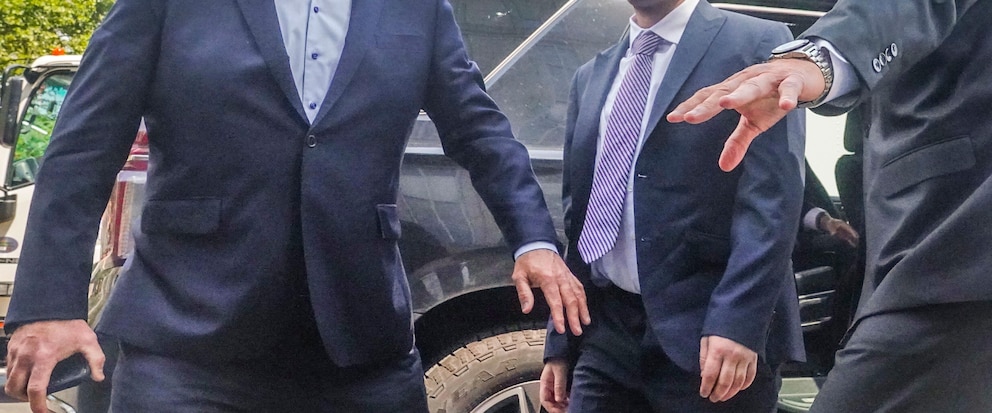
NEW YORK — FTX founder Sam Bankman-Fried testified at his New York trial on Friday, denying that he defrauded anyone but acknowledging that the innovative business he had hoped would move the cryptocurrency ecosystem forward ended up hurting customers instead.
The onetime cryptocurrency golden boy lost his businesses and his reputation as a pioneering entrepreneur in an emerging facet of finance when a rush of customers withdrew their money last year, exposing that billions of dollars were missing.
Bankman-Fried, 31, acknowledged some of his failures early in his testimony in Manhattan federal court, saying he made mistakes, large and small.
“We thought we might be able to build the best product on the market” and move the cryptocurrency system forward, he said.
“It turned out basically the opposite of that,” and a lot of customers and others got hurt, Bankman-Fried said.
Asked by his lawyer, Mark Cohen, if he defrauded anyone or took customers’ funds, Bankman-Fried answered, “No I did not.”
The California entrepreneur has pleaded not guilty to conspiracy charges accusing him of diverting billions of dollars from his clients and investors to make risky investments, buy luxury housing, engage in a star-studded publicity campaign, and make large political and charitable donations.
His much-anticipated testimony became the centerpiece of a defense that has tried to convey that Bankman-Fried had no criminal intent as he took actions that prosecutors say were directly to blame for the collapse last November of businesses Bankman-Fried began creating in 2017 and eventually ran from the Bahamas.
Before Bankman-Fried began testifying Friday, Judge Lewis A. Kaplan mostly shut down his lawyers’ attempts to suggest to jurors that Bankman-Fried made many decisions about his businesses after consulting with lawyers.
After the jury was sent home Thursday, Bankman-Fried testified in front of the judge about his communications with lawyers as he built his cryptocurrency empire.
“That evidence would, in my judgment, be confusing and highly prejudicial by falsely implying, given testimony yesterday, that lawyers with full knowledge of the facts — all of the facts — blessed what the defendant is alleged to have done. And I didn’t hear that at all yesterday,” Kaplan said.
He did, though, grant a defense request to permit testimony about the involvement of lawyers in data retention policies at Bankman-Fried’s businesses that required the frequent deletion of some communications.
He was extradited from the Bahamas to New York in December to face fraud charges.
Though he was initially granted a $250 million personal recognizance bond and allowed to live with his parents in Palo Alto, California, the bond was revoked in August and he was jailed when Kaplan concluded that he had tried to influence potential witnesses at his upcoming trial.
Prosecutors built their case against Bankman-Fried for three weeks, relying largely on his former top executives, an inner circle of individuals who shared a penthouse apartment in the Bahamas with Bankman-Fried.
The executives testified that Bankman-Fried directed them to spend billions of dollars taken from the accounts of FTX customers and funneled through Alameda Research, a hedge fund he started in 2017, two years before he created the FTX cryptocurrency exchange.
___
For more AP coverage of Sam Bankman-Fried and FTX: https://apnews.com/hub/sam-bankman-fried
Sourse: abcnews.go.com